七律 参观邓小平同志故居博物馆有感
七律•参观邓小平故居博物馆有感
蒲文强
2021年7月15日
四川广安协兴镇,[1]
一代伟人邓小平。
英俊少年方十六,[2]
漂洋过海真理寻。
波澜壮阔人生路,
历尽千辛开国运。
三起三落志更坚,[3]
小平理论得人心。
改革开放结硕果,
亿万国人感党恩。
总设计师同日月,
千秋万代更光明。
注釋:
[1]邓小平故居和邓小平博物馆,在四川省广安市协兴镇牌房村
[2]邓小平同志1919年秋考入重庆勤工俭学留法预备学校。1920年夏赴法国勤工俭学,当时邓小平同志只有16岁。1922年参加中国社会主义青年团,1924年转为中国共产党党员。1926年初到苏联学习。
[3]邓小平同志 1931年夏,到江西中央根据地,先后担任中共瑞金县委书记、会昌中心县委书记、江西省委宣传部长。由于拥护毛泽东的正确路线,被当时党内“左”倾领导者撤职。以后,任红军总政治部秘书长、总政治部机关报《红星》报主编。1934年10月随中央红军长征,年底任中共中央秘书长。1935年1月参加中共中央政治局扩大会议(即遵义会议),会议确定了以毛泽东为代表的新的中央领导。后任红一军团政治部宣传部长、政治部副主任、主任。
1966年“文化大革命”开始以后,失去一切领导职务。1969~1973年间下放到江西省新建县拖拉机修造厂劳动。1973年3月恢复国务院副总理职务。1974年4月代表中国政府出席联合国第六届特别会议,在会上系统地阐述了毛泽东关于三个世界划分的理论。他主持起草了周恩来在第四届全国人民代表大会第一次会议上的《政府工作报告》。1975年1月任中共中央副主席、国务院副总理、中央军委副主席和中国人民解放军总参谋长。周恩来病重以后,在毛泽东支持下,他主持党、国家和军队的日常工作,针对“文化大革命”造成的混乱局面进行全面整顿,得到全国人民的衷心拥护,收到显著的成效。由于“四人帮”的诬陷,1976年4月又被撤销一切职务。
1976年10月“四人帮”被粉碎,“文化大革命”结束。1977年7月中共十届三中全会恢复了他原来担任的党政军领导职务。1977年8月召开的中共第十一次全国代表大会上,当选为中共中央副主席。1978年3月当选为中国人民政治协商会议第五届全国委员会主席。他首先推动思想路线的拨乱反正,反对“两个凡是”的错误方针,领导和支持开展真理标准问题的讨论,提出必须完整地准确地理解毛泽东思想。他还提出要尽快把全党工作重点转移到经济建设上来。
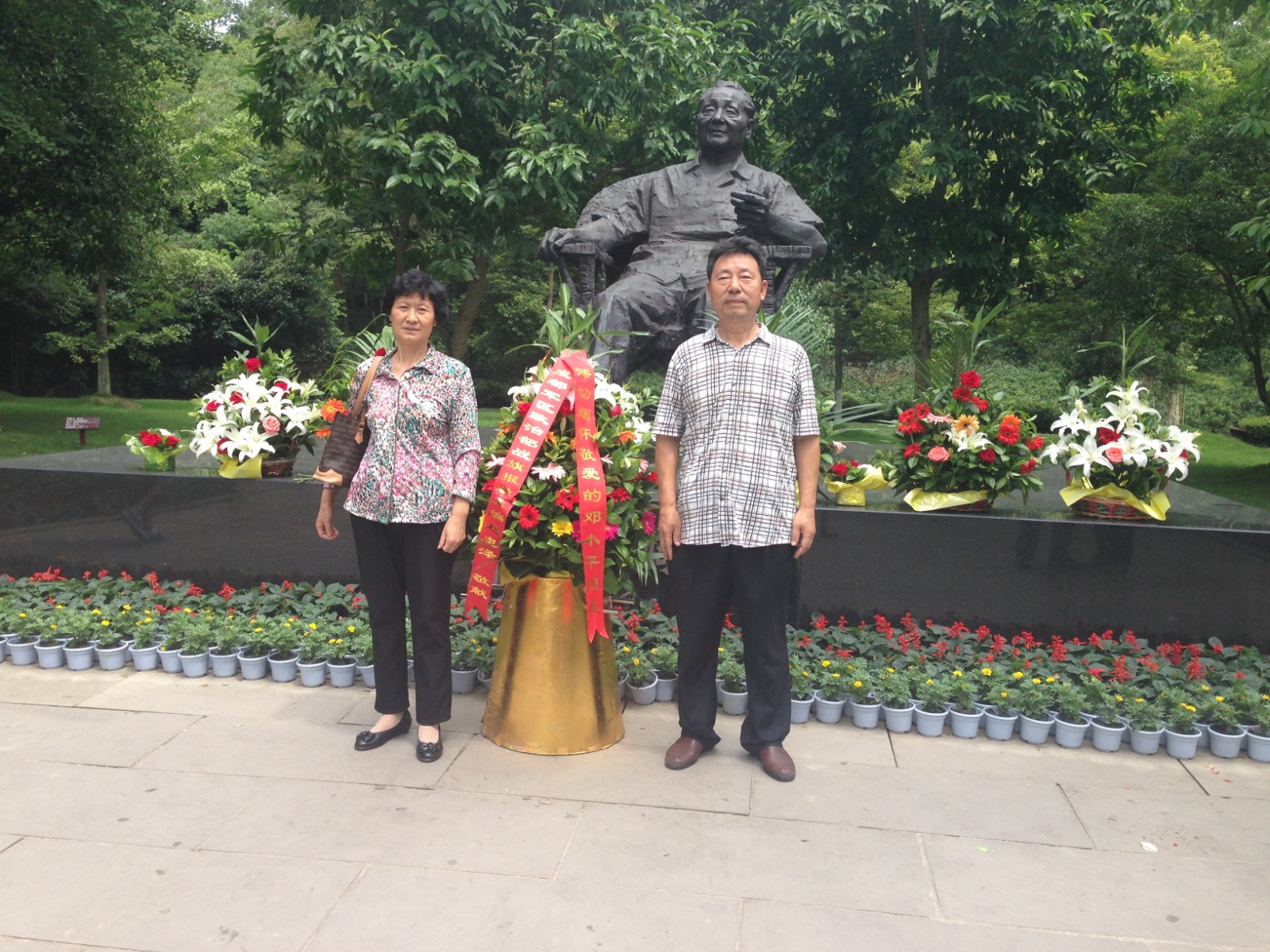
Qilu: visiting the Museum of Deng Xiaoping's former residence
Pu Wenqiang
July 15, 2021
Xiexing Town, Guang'an, Sichuan, [1]
Deng Xiaoping, a great man of the generation.
Handsome young Fang 16, [2]
Travel across the ocean to find the truth.
Magnificent road of life,
After thousands of hardships, the founding of the nation.
Three rises and three falls, the ambition is stronger, [3]
Xiaoping's theory is popular.
Reform and opening up have yielded fruitful results,
Hundreds of millions of Chinese feel grateful for the party.
Chief designer,
It will be brighter for generations to come.
Note:
[1] Deng Xiaoping's former residence and Deng Xiaoping museum are located in Paifang village, Xiexing Town, Guang'an City, Sichuan Province
[2] In the autumn of 1919, Comrade Deng Xiaoping was admitted to Chongqing work study program preparatory school in France. In the summer of 1920, he went to France to work and study. At that time, Comrade Deng Xiaoping was only 16 years old. He joined the Chinese Socialist Youth League in 1922 and became a member of the Communist Party of China in 1924. He went to study in the Soviet Union in early 1926.
[3] In the summer of 1931, Comrade Deng Xiaoping went to Jiangxi central base and successively served as secretary of Ruijin county Party committee, Secretary of Huichang central county Party committee, and Minister of propaganda of Jiangxi provincial Party committee. Because he supported Mao Zedong's correct line, he was dismissed by the "left" leader of the party at that time. Later, he served as Secretary General of the General Political Department of the Red Army and chief editor of the organ newspaper "Red Star" of the general political department. In October 1934, with the long march of the Central Red Army, he became Secretary General of the CPC Central Committee at the end of the year. In January 1935, he participated in the enlarged meeting of the Political Bureau of the Central Committee of the Communist Party of China (Zunyi Meeting), which determined the new central leadership represented by Mao Zedong. Later, he served as the propaganda minister, deputy director and director of the Political Department of the first Red Army Corps.
After the Cultural Revolution began in 1966, he lost all his leading positions. From 1969 to 1973, he was transferred to the tractor repair factory in Xinjian County, Jiangxi Province. In March 1973, he was restored to the post of vice premier of the State Council. In April 1974, on behalf of the Chinese government, he attended the sixth special session of the United Nations, at which he systematically expounded Mao Zedong's theory on the division of the three worlds. He presided over the drafting of Zhou Enlai's government work report at the first session of the Fourth National People's Congress. In January 1975, he served as vice chairman of the CPC Central Committee, vice premier of the State Council, vice chairman of the Central Military Commission and chief of the general staff of the Chinese people's Liberation Army. After Zhou Enlai was seriously ill, with the support of Mao Zedong, he presided over the daily work of the party, the state and the army. He carried out a comprehensive rectification of the chaotic situation caused by the "Cultural Revolution", which was wholeheartedly supported by the people of the whole country and achieved remarkable results. As a result of the gang of four's frame up, in April 1976, he was removed from all his posts.
In October 1976, the gang of four was smashed and the Cultural Revolution ended. In July 1977, at the Third Plenary Session of the tenth Central Committee of the Communist Party of China, he resumed his former leading position in the party, government and army. In August 1977, he was elected vice chairman of the CPC Central Committee at the 11th National Congress of the CPC. In March 1978, he was elected chairman of the Fifth National Committee of the Chinese people's Political Consultative Conference. First of all, he promoted the ideological line to set things right, opposed the wrong policy of "two whatevers", led and supported the discussion on the standard of truth, and proposed that we must understand Mao Zedong thought completely and accurately. He also proposed that the focus of the party's work should be shifted to economic construction as soon as possible.
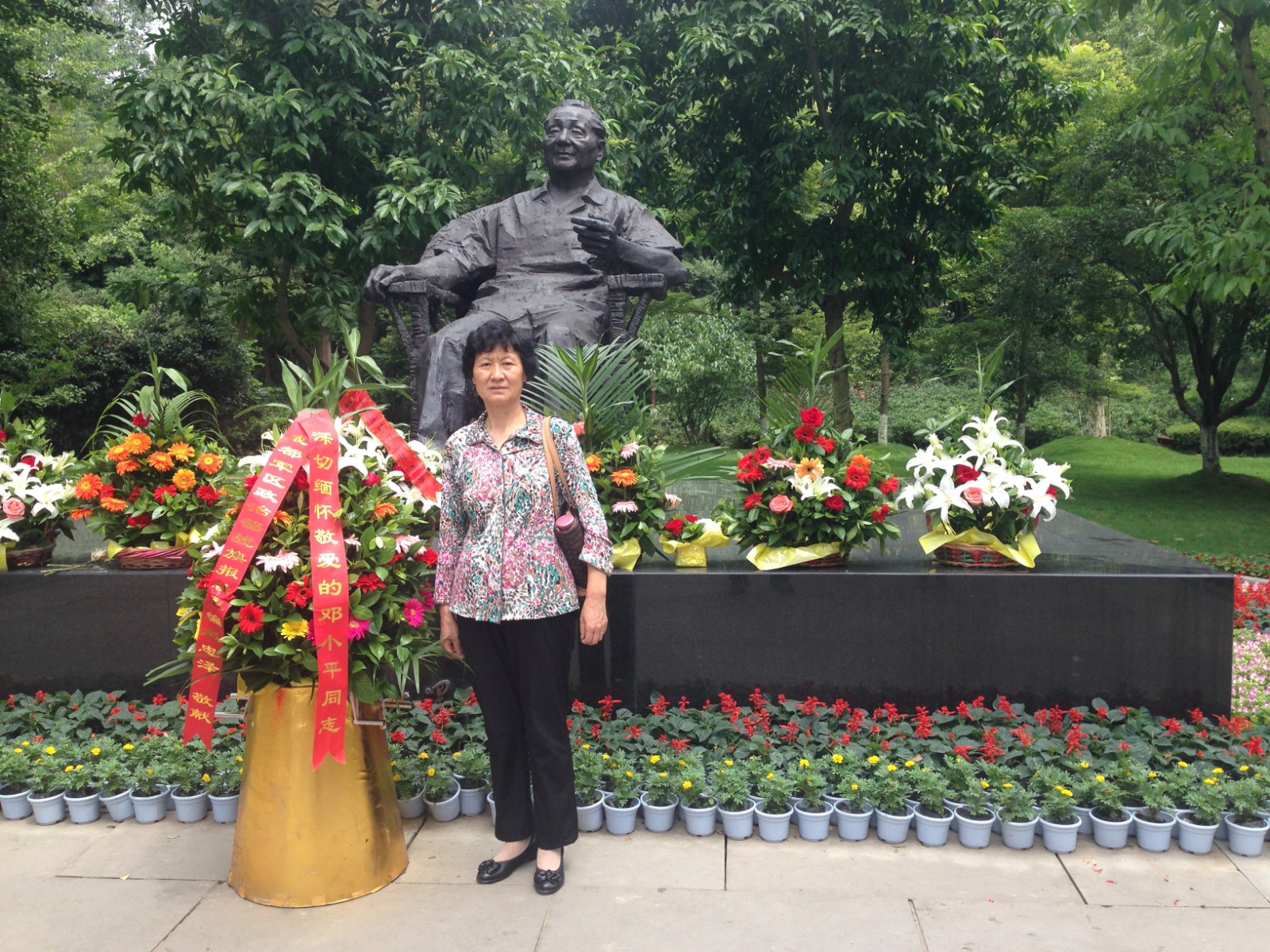
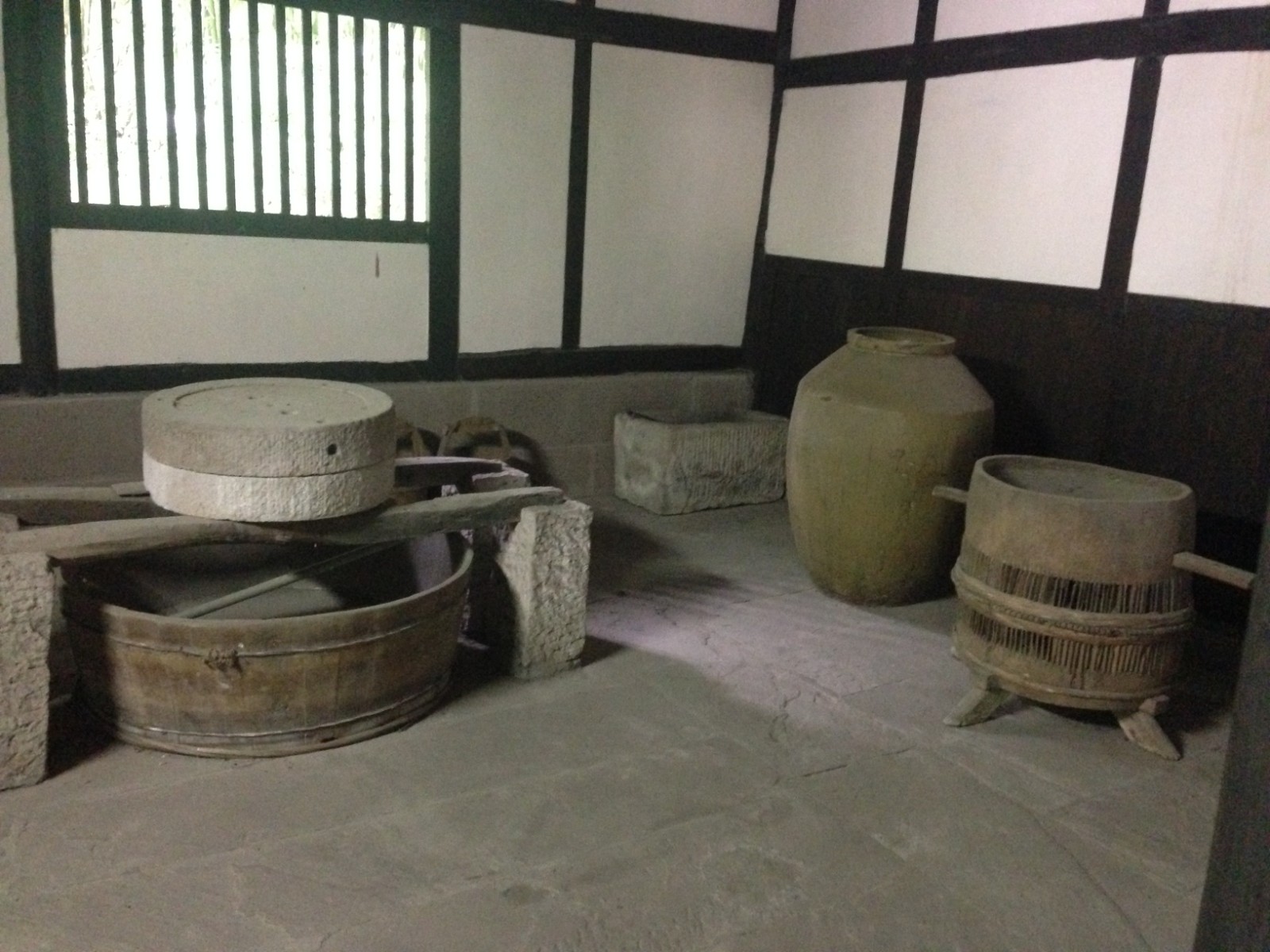
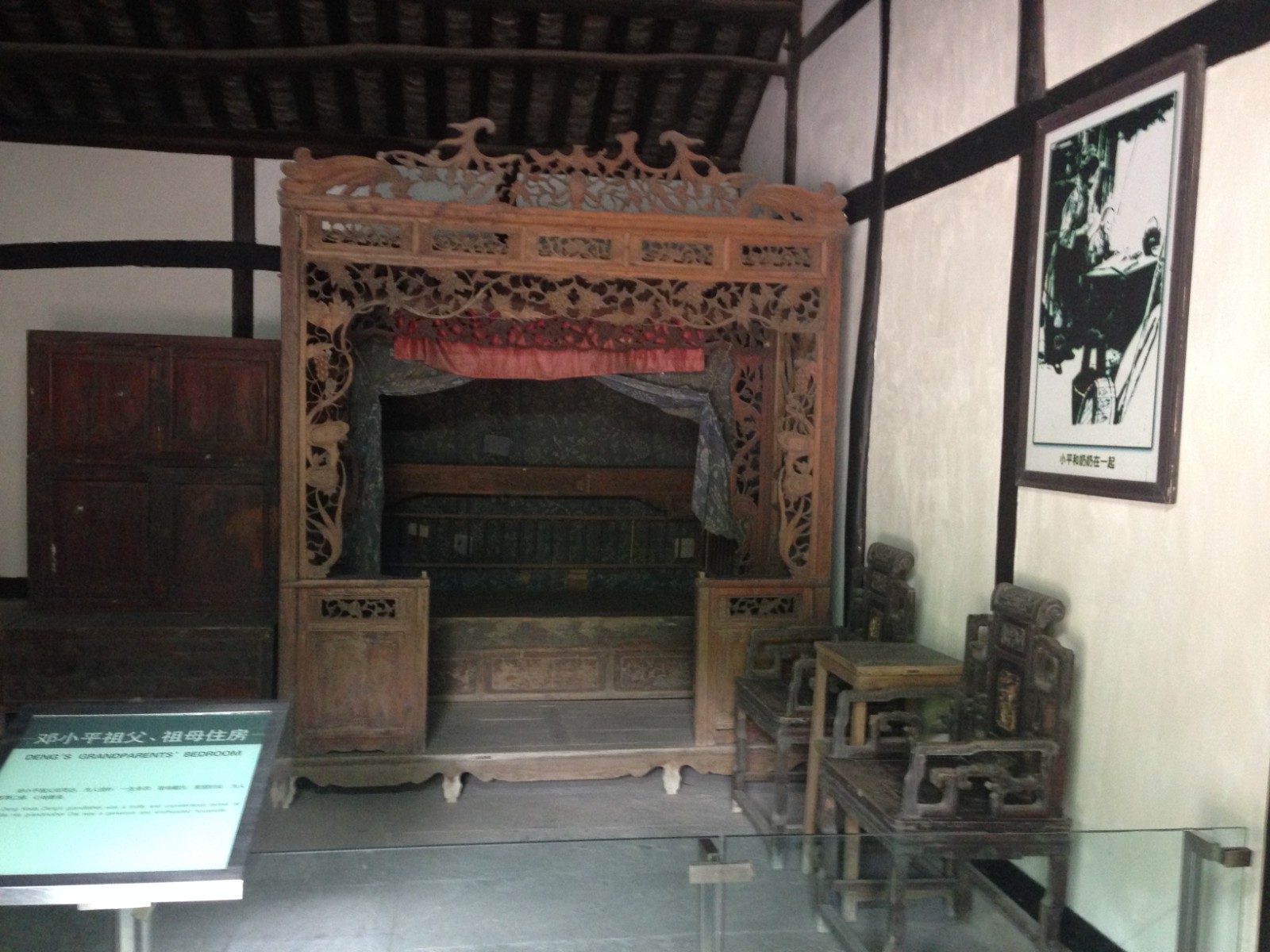
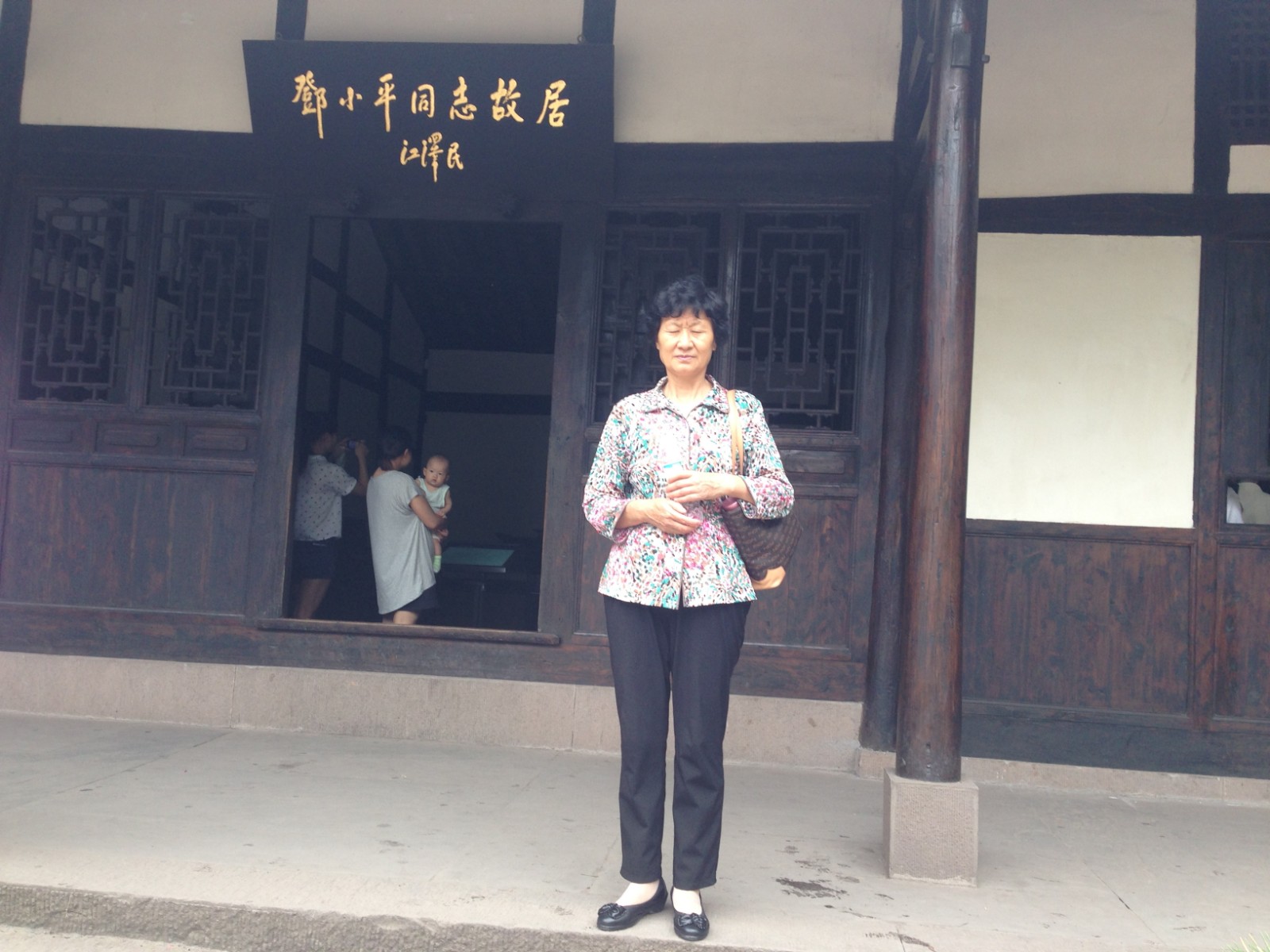
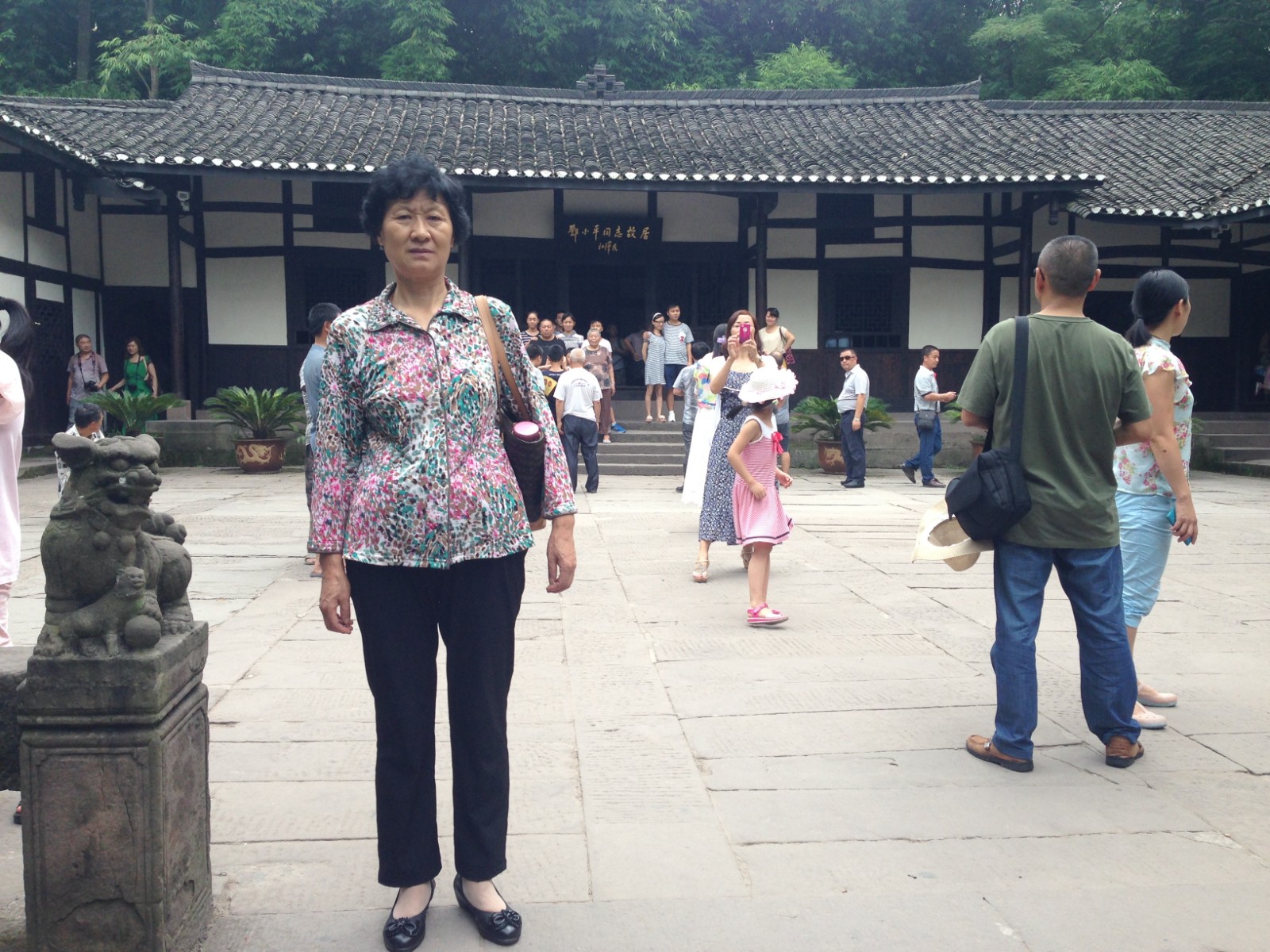

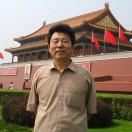
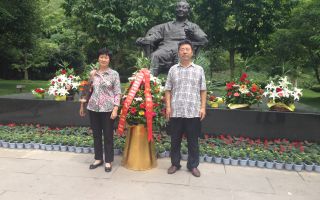
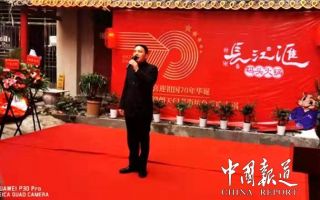
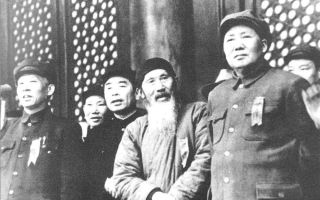
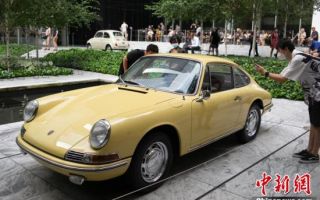
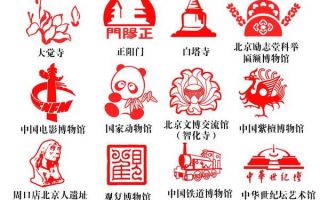
0 条 评 论 Write a Response